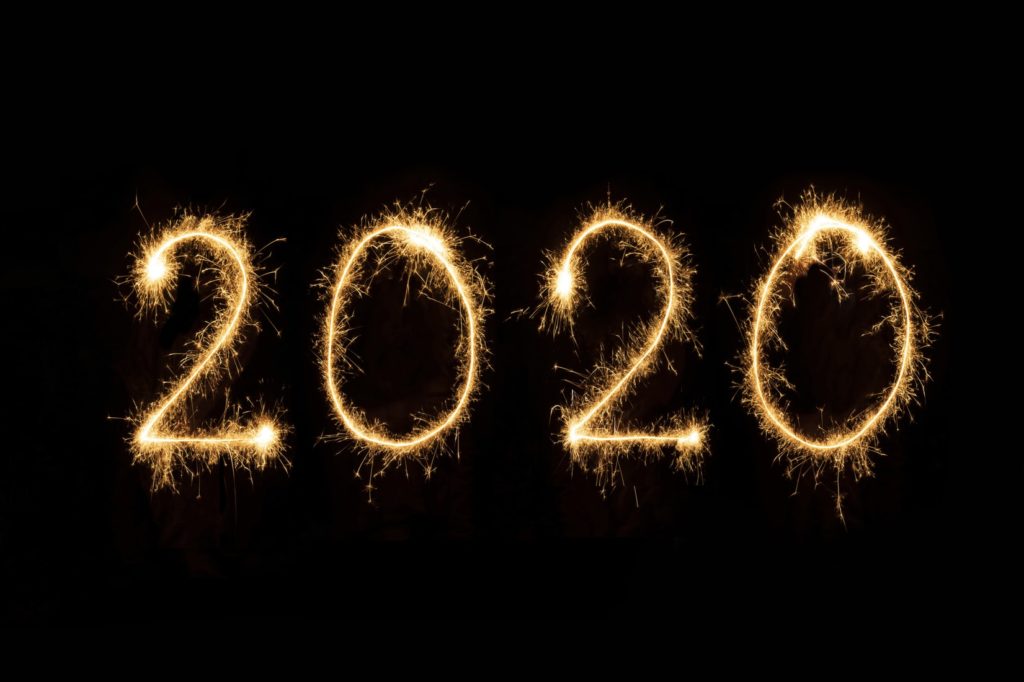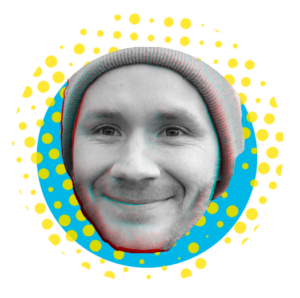As we wake up to the dawn of a shiny new decade, we take a look at how good past predictions were about 2020. You’ll find an eclectic mix; some hilarious, some that missed the mark and some that were scarily accurate!
Netflix and video streaming
In 1987, Roger Ebert said, “We will have high-definition, wide-screen television sets and a push-button dialling system to order the movie you want at the time you want it. You’ll not go to a video store but instead order a movie on demand and then pay for it. Videocassette tapes as we know them now will be obsolete both for showing pre-recorded movies and for recording movies.” And he was right. The rise of streaming services from Netflix, Amazon Prime Video and HBO Now, have fundamentally changed the way we consume films, TV, documentaries and more.
Streaming services however – much like sports teams – means you need to pick a side. Mike Rampton sums up the subscription dilemma neatly, saying, “We’re all going to die broke, direct debiting ourselves into financial oblivion, because everything feels essential. It’s got deeply, deeply silly, but nobody wants to be left behind.”
Nanobots put an end to disease
Futurist Ray Kurzweil predicted by the 2020s nanobots will wipe out most diseases. Nanobots are microscopic robots that are released into the body to fight disease and deliver drugs with unprecedented precision, like an artificial immune system.
Whilst it may be some time before humans are widely treated with nano technology, scientists working together from China and the US developed nanobots that, when injected into the bloodstream of mice, could shrink tumours by blocking their blood supply.
Ape chauffeurs and self-driving cars
Yes, you heard right. Ape chauffeurs. A report by the RAND corporation suggested that an intelligent breed of apes would be able to perform manual labor for us and the use of well-trained apes as chauffeurs might decrease the number of car accidents.
Reeling it back in from the monkeys, Kurzweil – as well as predicting nanobots – also said that self-driving cars will begin to take over the roads and people won’t be allowed to drive on highways. Companies such as Tesla, Uber and Lyft are all testing self-driving cars but we’re still some way off before they become a mainstream mode of transport. One reason for the delay in widespread driverless cars are the obvious safety issues they pose. In March 2018 for example, one of Uber’s self-driving cars killed a pedestrian because the software failed to recognise the pedestrian crossing the street.
Telepathy and Teleportation
Michael J O’Farrell, founder of The Mobile Institute predicted that “…telepathy and teleportation will be possible by the year 2020 – with both commonplace by 2040.”
Whilst you might think O’Farrell’s predictions sound more like science fiction than science fact, only last month scientists from the University of Bristol’s Quantum Engineering Technology Labs developed chip-to-chip quantum teleportation. The chips can encode quantum information in light generated inside the circuits and demonstrated quantum teleportation of information between two programmable chips for the first time.
Web payments
In 1999, Bill Gates made a number of predictions that have turned out to be astonishingly accurate. He said that “People will carry around small devices that allow them to constantly stay in touch and do electronic business from wherever they are.” He also predicted that, “People will pay their bills, take care of their finances and communicate with their doctors over the internet.”
His prediction about smartphones, smart watches, voice activated assistants and more are all in common use today. Not only do we have these smart devices, we’re increasingly using them to interact and transact with businesses as he predicted. For example, guests are using mobiles to pay for their checks at restaurants, most major financial institutions have their own app allowing customers to manage all aspects of personal and business banking and companies such as Babylon are harnessing AI and digital communication to solve a range of health care challenges.
So, as we leave you to mull over the idea of choosing between a monkey driver or teleporting to your next destination, we also want to wish you a very happy 2020 from the whole of the QikServe team!





